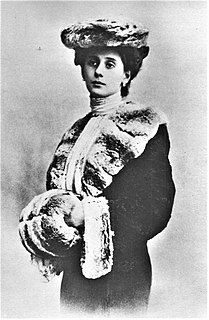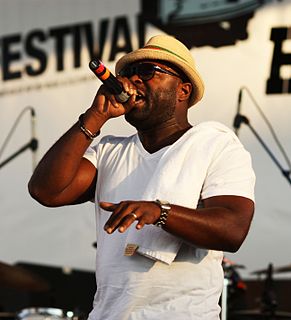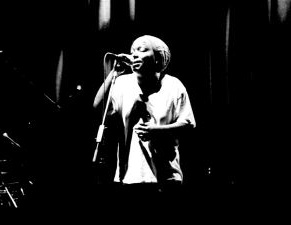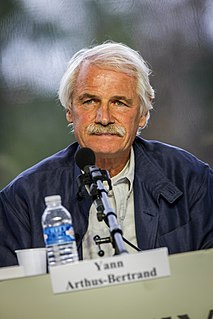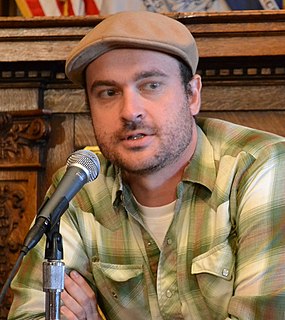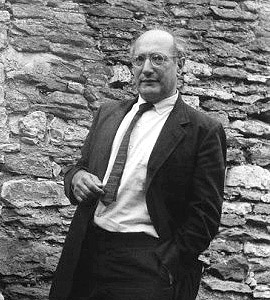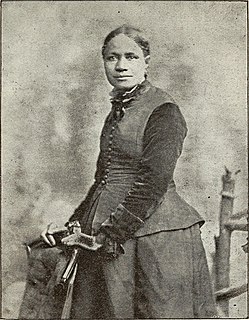A Quote by Anna Pavlova
A true artist should have no secrets. On the stage, you must be able to transmit every emotion to the spectator.
Related Quotes
The main difference between the art of the actor and all other arts is that every other [non-performing] artist may create whenever he is in the mood of inspiration. But the artist of the stage must be the master of his own inspiration, and must know how to call it forth at the hour announced on the posters of the theatre. This is the chief secret of our art.
I feel like I've been lucky that I've never been put in a situation where I had to keep a serious secret. But what is true of me - and has to be true of everyone who's ever been in a family - is that our idealization of reality when we're children always has to fall apart. It's the narratives we didn't know about that pop up and redraw reality. You have to be able to integrate secrets into who you are. My family does not look now like it does when I was a kid. There was divorce. There were family secrets. There was definitely a difference between what I thought was true and what was true.
